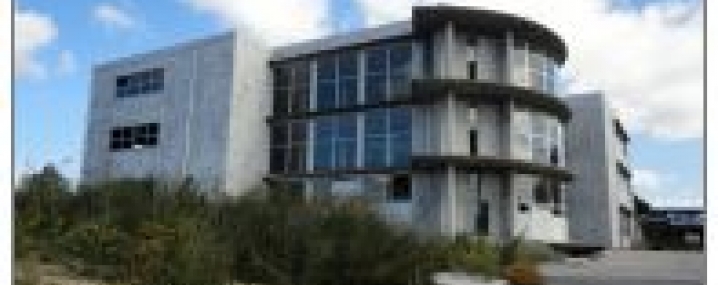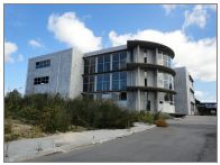
Yecla
With its 35,000 inhabitants, the town of Yecla is located in the northern end of Spain’s Murcia region, bordering the provinces of Albacete and Alicante. With motorway connections to the regional capital of Murcia, some 90km away, and France, the area is a logistics hub and home to major road hauliers, particularly of refrigerated produce. Around half of the area’s exports are food products—olives, almonds, fruit and grains—and there is a significant of goat-rearing, a local speciality. Yecla is also a wine-producing area, with around a dozen vineyards producing 6 million litres of win a year. Food-related products (packaging, refined oils, etc.) account for around a fifth of exports. Footwear, textiles, marble and furniture are also manufactured in the region. The port of Cartagena handles cargo shipping, passenger ferries/cruise ships and leisure boats, while San Javier airport is a popular entry point for tourists from the UK and Ireland.
As in other parts of southern Europe, the area has been affected by the post-2008 economic crisis. At 22.6%, according to 2011 figures, Yecla’s unemployment rate is the highest in the region and well above the regional average 16.84%. The most affected sectors are manufacturing and trade. As a result, specific economic sectors have been selected for support—principally knowledge-based industries—with the development of 10 technology centres in the region and a number of science parks. The business profile of the Murcia region is very much one of small and medium-sized enterprises.
SOME RELATED NETWORKS
Wood Footprint
News


